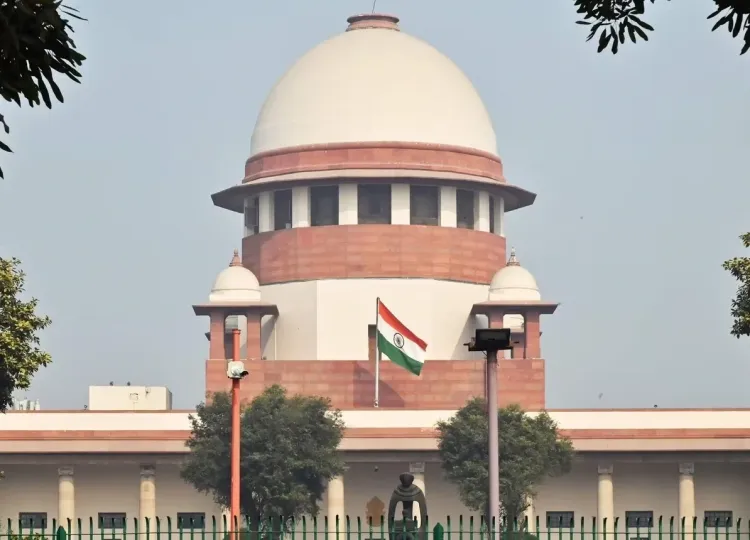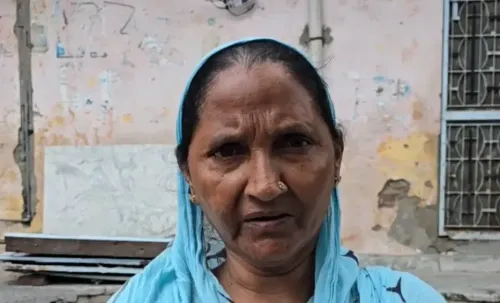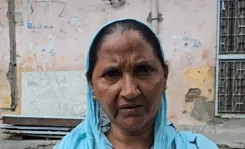Is the Supreme Court Reviewing Detention of Bengali-speaking Migrant Workers?

Synopsis
Key Takeaways
- The Supreme Court is reviewing the detentions of Bengali-speaking migrants.
- The detentions are based on suspicions of foreign nationality.
- Interim orders were not issued due to potential legal complications.
- A verification mechanism for migrant workers is being considered.
- The case highlights the delicate balance between migration policy and human rights.
New Delhi, Aug 14 (NationPress) The Supreme Court has agreed to review a public interest litigation (PIL) accusing authorities of detaining Bengali-speaking migrant workers in various states across the nation on the grounds of suspicion of them being Bangladeshi nationals.
In response to the petition, a bench led by Justices Surya Kant and Joymalya Bagchi issued notices to the Centre and the governments of Odisha, Rajasthan, Maharashtra, Delhi, Bihar, Uttar Pradesh, Chhattisgarh, Haryana, and West Bengal, seeking their responses on the matter.
Advocate Prashant Bhushan, representing the West Bengal Migrant Welfare Board, argued that the detentions are instilling fear among Bengali-speaking migrants nationwide and urged for an interim order to halt these detentions.
"Let them verify, no issue there. However, the real problem lies in the fact that these migrants are being detained, some even facing torture, which is causing widespread panic. The Foreigners Act does not provide the government the authority to detain individuals merely based on suspicion of being foreign nationals," he asserted.
Despite this, the bench led by Justice Surya Kant declined to issue interim orders, stating: "If we were to pass interim orders, it could lead to repercussions, particularly for those who have illegally crossed borders and must be deported as per the law."
The apex court emphasized that the state where these migrant workers are employed holds the right to verify their origin. It questioned whether a nodal agency or authority exists to facilitate coordination between the states of origin and the states where migrants are employed.
Moreover, the bench considered introducing a mechanism to confirm the legitimacy of workers, such as issuing cards from the state of origin that the local police could recognize as preliminary proof of their intent to work.
According to the computerized case status, the matter is tentatively set for hearing in two weeks.
The PIL asserts that Bengali-speaking Muslim migrant workers are being detained in centers due to suspicions regarding their nationality, particularly as they possess documentation in the Bangla language. It also highlighted instances where deportations occurred, only for authorities to later return them to India upon verification.










